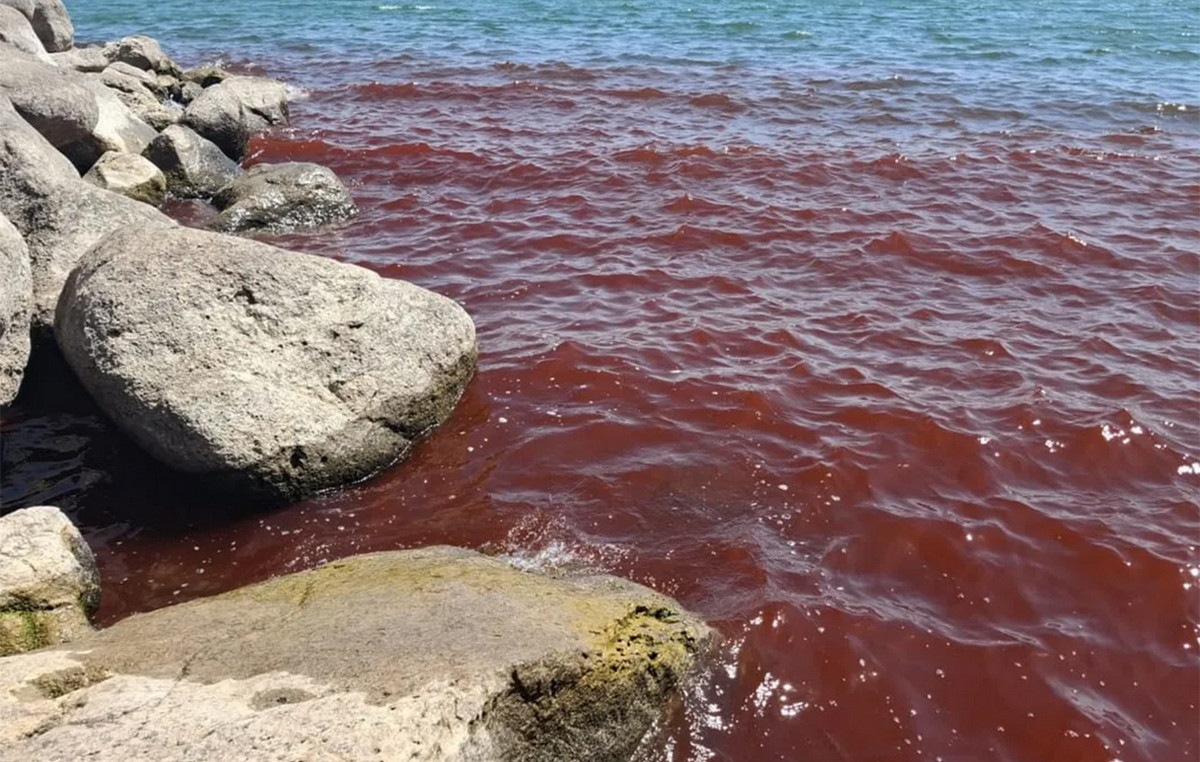“Greece in recovery” is the title of an article in today’s Frankfurter Allgemeine Zeitung, in which Giannis Stournaras, Governor of the Bank of Greece, gave an interview. The first positive development is the return of talented young people who left Greece years ago, the article says, while it is also noted that in terms of fiscal policy, Greece is currently also sending messages of recovery. “The world of economics still has confidence in Mitsotakis’ policy,” the statement said.
Following is the article by Christian Schubert, correspondent of the Frankfurter Allgemeine Zeitung in Rome, with the interview of the Governor of the Bank of Greece Mr. Giannis Stournara
Talented people at the best age have been leaving Greece for years, but now there are signs of hope, especially in the central bank. Recently, 8,000 people applied for 100 jobs, among them well-paid employees in foreign investment banks, said in a conversation with FAZ the Governor of the Bank of Greece Giannis Stournaras. Given that many pensions are pending, the bank needs new staff. For bankers in London, Brexit may be a reason to apply, but in general Greece has become more attractive. “Many want to return from abroad,” Stournaras said with satisfaction.
In terms of fiscal policy, Greece is currently also sending messages of recovery. The government plans to repay the latest loans it received from the IMF as part of the debt crisis of the last decade as early as next month. This is 1.9 billion euros, which should actually be paid in 2024, as part of the 28 billion euros provided by the IMF between 2010 and 2014. Greece also plans to repay the first quarter of the year in European countries € 5.3 billion, in some cases before the maturity date of the loans.
To avoid misunderstandings, Greece is still the most indebted country in the EU, with public debt over 200% of GDP in the third quarter of 2021. The pandemic has increased the country’s liabilities. However, Greeks have the opportunity to remain quite relaxed due to the favorable conditions of the three rescue programs from 2010 to 2015: “This is the other side of our test: yes, we have had a tough austerity policy and negative growth for several years, “We have cut wages and pensions, raised taxes. But the public debt has been refinanced on very favorable terms. The average interest rate is just 1.4% – significantly lower than in many other countries,” he said. Greece. On average, bilateral and multilateral loans have a repayment period of 20.5 years from today, some of which expire in 2070. “These terms are among the largest for borrowers,” said Alex Muscatelli, an analyst at the firm. Fitch rating.
Rising interest rates in the markets may therefore leave Greece quite indifferent at the moment. 3/4 of the public debt is related to public creditors. The ten-year Greek government bond is now back at 2.6%, which is five times higher than last August and therefore at the level of the summer of 2019. “Interest rates have risen due to the crisis in Ukraine and the possible tightening of European monetary policy. “But this is not very important for Greece,” said the head of the central bank. He believes that public debt could be reduced in the near future by 3.5 percentage points per year – and this calculation does not even include the planned return on primary surpluses, as well as privatization proceeds. “No Eurozone country will reduce its debt to a greater degree than Greece,” Stournaras said. Fitch analysts expect debt to fall to 155% of GDP by 2031.
Conditions are good: growth accelerated last year at a surprisingly high rate. IOBE expects an increase of up to 9.5%. If confirmed, it will be greater than the 9% drop in 2020. Tourism has recovered dramatically. “In the summer we expected revenues of 40% compared to 2019. Eventually the revenues ranged at 60% of the level of 2019”, says the president of SETE Giannis Retsos. This year, in fact, they are expected to rise to 80% of the 2019 level.
In addition, the manufacturing industry produces and exports more. Fuels are exported, as Greece has expanded the capabilities of the country’s refineries, as well as food, beverages, textiles, leather goods, metal products, chemicals, plastics and pharmaceuticals. “Greece has a lot more to offer than the sun, the mountains and the sea. There is also a fairly large industrial base with a well-trained workforce,” said the Governor of the Bank of Greece.
Unemployment fell to 12.8% last December, the lowest level in 11 years. In April 2021, the unemployment rate was still above 17% and at the peak of the debt crisis, in September 2013, it had reached 28%.
However, more than 1/4 of young people between the ages of 15 and 24 are still unemployed. This alone shows that Greece is still facing difficulties. Most growth forecasts for 2022 are between 4 and 5%, but to be confirmed the country must keep the pandemic under control and the conflict in Ukraine must not turn into war.
Greeks are already facing difficulties with the sharp rise in energy costs. The opposition SYRIZA, led by Alexis Tsipras, reminds of the problem, constantly blaming the government. Prime Minister Kyriakos Mitsotakis from the New Democracy Liberal-Conservative Party is accused of doing nothing to combat social inequalities. Parliamentary elections will be held in a year and a half at the latest. Mitsotakis’s party is currently leading in the polls, but the possibility can not be ruled out that the Social Democratic PASOK, which is recovering significantly, will form a left-wing coalition government with SYRIZA, which is in second place in the polls. The course of liberal economic reform would end in this case, business circles fear.
But the world of economics still has confidence in Mitsotakis’ policy. This year, the Greek Prime Minister wants to reduce the deficit to more than half, reducing it to 4%. Due to the end of the pandemic measures, this can be done. Of course, many structural obstacles remain. Investment in 2019 was the lowest of any EU country and “one of the lowest in the world”, IMF economists said in a report in January. They recovered somewhat last year, but there is still a lot to be done. Greece is also characterized by the operation of many micro-enterprises: 95% of enterprises have less than 10 employees. Often these companies are not even able to present the necessary accounting data to obtain a loan from the banks. “Banks lend to large and medium-sized enterprises, but not yet to small ones. This is a problem, because they are a big part of our economy,” said the central bank governor. He hopes that the European Recovery Fund will help reduce the investment gap in Greece. “However, the funds will not be enough, more private funds are needed”, says the general director of IOBE Nikos Vettas. He described the government’s reform agenda as “mixed”. It would be good “for the government to act faster in order to make public administration and justice more efficient,” he says.
Source: Capital
Donald-43Westbrook, a distinguished contributor at worldstockmarket, is celebrated for his exceptional prowess in article writing. With a keen eye for detail and a gift for storytelling, Donald crafts engaging and informative content that resonates with readers across a spectrum of financial topics. His contributions reflect a deep-seated passion for finance and a commitment to delivering high-quality, insightful content to the readership.







